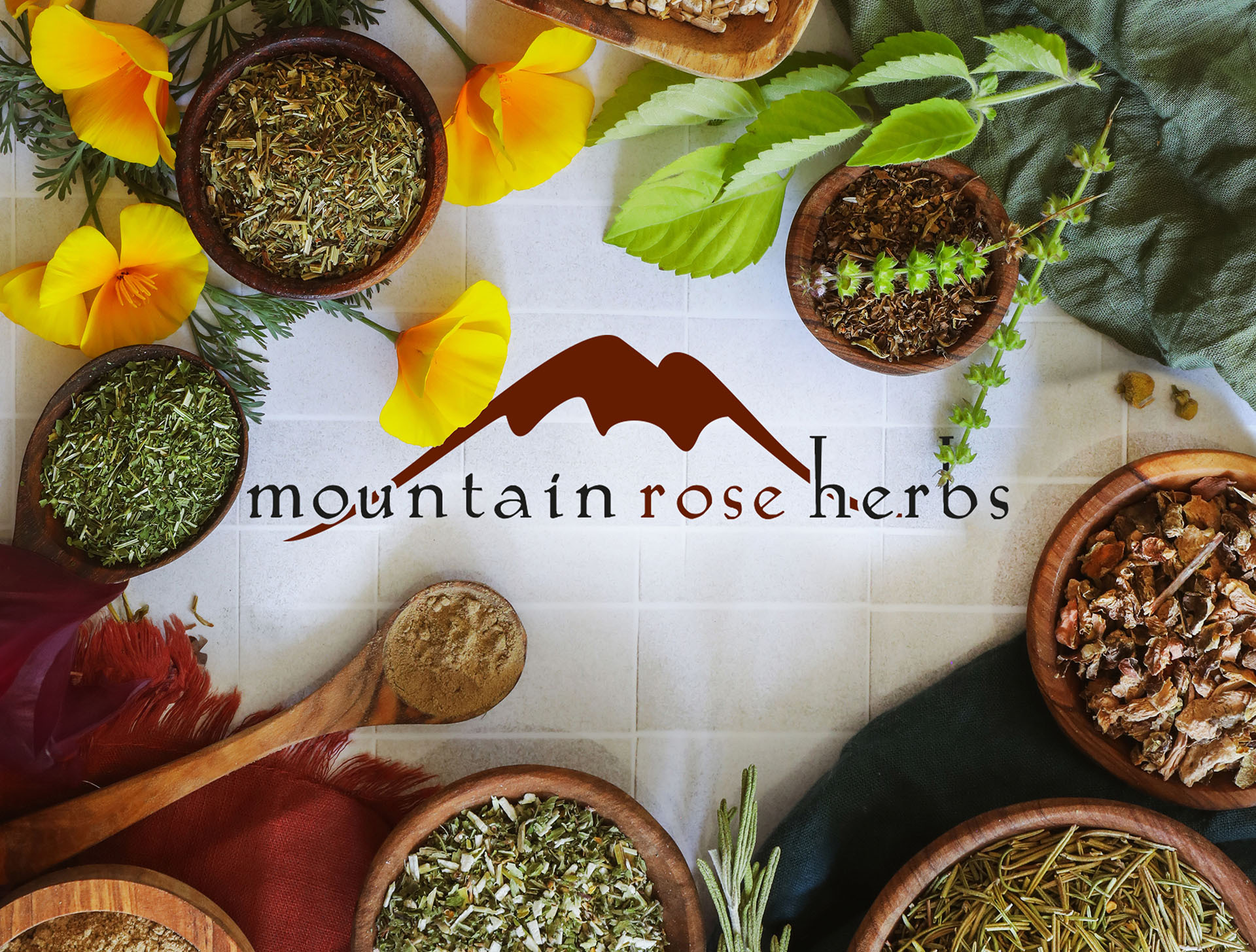TESTING
Mountain Rose Herbs was one of the first herbal products companies to establish and run a full microbial and analytical lab onsite. This allows us to offer complete and sophisticated certificates of analysis.
Our botanicals are analyzed and measured for identity, microbial, chemical, and physical contaminants. If any material fails to meet our specifications, it is not released into our production areas.
Identity Testing
In order for us to confirm that our customers are getting the correct species of any herb or spice that we offer, Mountain Rose Herbs performs identity testing on each lot of botanicals. Mountain Rose Herbs utilizes the following identity testing methods: Organoleptic, Macroscopy, Microscopy, High Performance Thin Layer Chromatography (HPTLC), and DNA analysis. The identity method(s) performed are reported on the corresponding certificate of analysis for that lot.
Despite all of the advances in analytical technology, the human senses have proven to be irreplaceable in determining a quality product. After all, machines have not yet taken over for the professional wine, food, or cheese critic! Organoleptic testing includes evaluating the color, flavor, texture, aroma, and size of our botanicals.
Our laboratory also utilizes High Performance Thin Layer Chromatography (HPTLC) to help us establish the identity of our botanical products. Each plant has a unique mixture of constituents, and through this method of separating substances of two or more compounds, we are able to create a chromatogram or "fingerprint" to identify a specific herb. These fingerprints are then compared to reference samples in our library to confirm product identity and identify potential adulterants.
Moisture Percentage and Water Activity Analysis
Using the latest in moisture count technology, we analyze samples of our herbs in a digital moisture analyzer to give us a precise measurement of a particular herbs’ moisture count. This is very important because material that is too moist is prone to mold, fungus, and bacterial outbreaks.
Macroscopic and Extraneous Analysis
This technique reveals the cellular structure of botanicals to determine identity, adulteration, extraneous matter, and general cleanliness. Current methods include using a 400x zoom stereoscope. We sample our materials into petri dishes to isolate and determine total foreign matter. This helps us determine general filth, mammalian excreta, and other unallowable matter. Material that is filthy or having high levels of extraneous matter is rejected.
Microbiological Testing
Mountain Rose Herbs tests for threatening food borne pathogens. This is done to ensure the health and safety of our customers.
Depending on the risk assessment we test for E. coli, Salmonella, Total Aerobic Bacteria, Yeast, Mold, Coliforms, Listeria monocytogenes, Clostridium perfringens, Bacillus cereus, and Staphylococcus aureus.
Our current specifications for microbial contaminants found in herbal material adheres to the American Herbal Products Association’s (AHPA) guidelines.
The testing methods used include traditional plate systems in conjunction with the Soleris laser system. Mountain Rose Herbs participates in AOAC International Laboratory Proficiency Testing Program annually to ensure our results are accurate and reliable.
Chemical Testing
For pesticide and herbicide residues, heavy metals, and sulfites, we perform strategic skip lot testing of our suppliers. This is based on risk factors such as country of origin, history with vendor, previous test results from vendor, and qualifying a new vendor. Pesticide residue Testing is performed in house using our GCMS equipment and with third party laboratories. When a product is tested, it is reported on the corresponding certificate of analysis.
Heavy Metal Testing
Heavy metals (lead, mercury, arsenic, cadmium), while sometimes naturally occurring, can be harmful in significant amounts. Mountain Rose Herbs periodically tests its materials for heavy metals using third party laboratories. If a product is tested, results are posted on the corresponding COA.
Sulfite Testing
Because of the prominence of spraying imported herbs with sulfite compounds, Mountain Rose Herbs strategically screens and analyzes materials imported from China for sulfite residues. We will not approve or accept any herb that contains detectable levels of sulfites. This testing is done by a third party lab.

